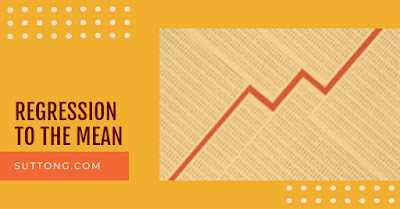 |
| Thinking Woman 2024 by Geoffrey W. Sutton & Bing AI |
The dual-process theory of cognition posits that human minds process information about the world in two ways, which are called system 1 and system 2.
System 1 quickly processes information, which is influenced by cognitive biases and heuristics. System one thinking has been described as automatic, intuitive, and associative. System 2 is a slower system that requires cognitive effort. System 2 has been described as rational and analytical.
For an excellent review of research on
system 1 and system 2 thinking, see Thinking,
Fast and Slow by Daniel Kahneman.
Cite this post
Sutton, G. W. (2024, January 8). dual-process theory of cognition. Psychology Concepts and Theories. Retrieved from https://suttonpsychology.blogspot.com/2024/01/dual-process-theory-of-cognition.html
Geoffrey W. Sutton, PhD is Emeritus Professor of Psychology. He retired from a clinical practice and was credentialed in clinical neuropsychology and psychopharmacology. His website is www.suttong.com
See Geoffrey Sutton’s books on AMAZON or GOOGLE STORE
Follow on FACEBOOK Geoff W. Sutton
TWITTER @Geoff.W.Sutton
You can read many published articles at no charge:
Academia Geoff W Sutton ResearchGate Geoffrey W Sutton
Dr. Sutton’s posts are for educational purposes only. See a licensed mental health provider for diagnoses, treatment, and consultation.

